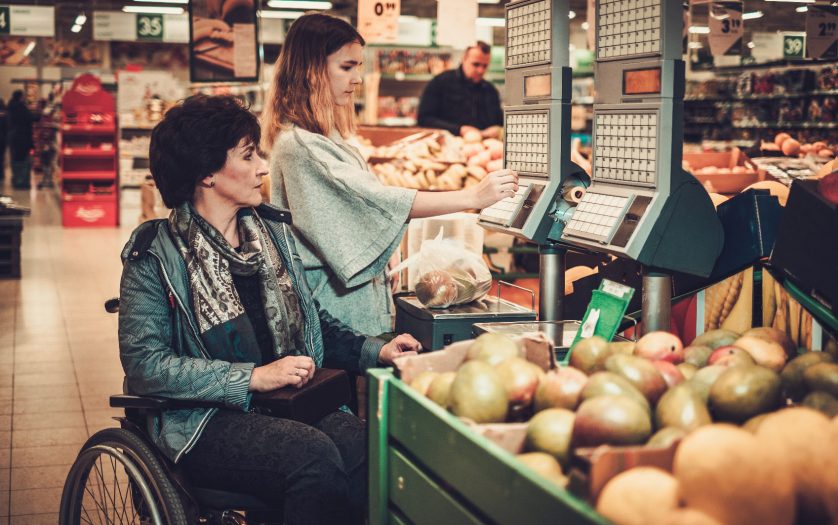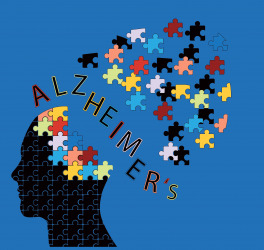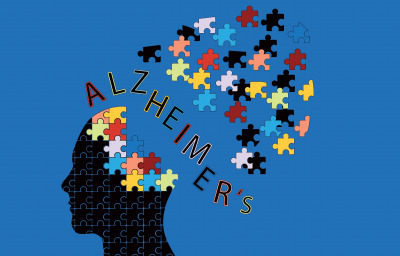
Supporting the rights and needs of persons with disabilities for equal access to safe, nutritious and enjoyable food is the call behind Dietitians Australia’s latest submission to the Disability Royal Commission.
The submission further expands on the issues detailed in the Interim report delivered by the Royal Commission into Violence, Abuse, Neglect and Exploitation of People with Disability.
Kathryn Toohey, Accredited Practising Dietitian (APD) and Subject Matter Lead for Dietitians Australia’s Disability Portfolio, says nutrition is an essential part of healthcare for persons with disabilities.
“Sadly, the Royal Commission has heard from several witnesses — including people with disability, family, carers and support workers — who have described instances of abuse, violence and neglect involving food, fluids and nutrition care,” said Kathryn.
“Food is a fundamental human-right and it has been heartbreaking to hear of instances where food has been withheld or appropriate nutrition not provided. It is unacceptable that vulnerable Australians experience nutritional neglect, which can result in death from choking, aspiration pneumonia and lifestyle risks.”
Population studies show that people with disability have poorer self-reported general health and higher rates of diet-related health conditions.
“Appropriate foods allow people with disability to thrive, promoting physical and mental health, as well as participation in society. However, they often have unique and complex food and nutritional needs that must be considered. They might also rely on others to do their shopping or cooking, but this should not prevent them from exerting choice and control over what, where and when they eat or drink,” said Kathryn.
“These layers of complexity result in a situation where it can be hard for people with disability to meet their nutritional needs. And that’s where an Accredited Practising Dietitian (APD) comes in.”
APDs are food and nutrition experts who translate the science of nutrition into practical, tailored solutions for healthy living.
“Unfortunately, access to nutrition support is often not included in National Disability Insurance Scheme (NDIS) plans. We suspect this may be due to a lack of understanding about how food and nutrition advice can assist people with disability,” said Kathryn.
“However, APDs play a key role in improving the health and wellbeing of Australians with disability, especially when provided in an interdisciplinary, person-centered and culturally-appropriate way.”
“Access to safe, nutritious and enjoyable food is a basic human-right, and we call on the Royal Commission to apply a human-rights approach to these issues. We also look forward to supporting the Commission as it continues to examine the available information and evidence,” she said.
Read more in Dietitians Australia’s latest submission to the Royal Commission regarding the issues with the National Disability Insurance Scheme and mainstream services.








